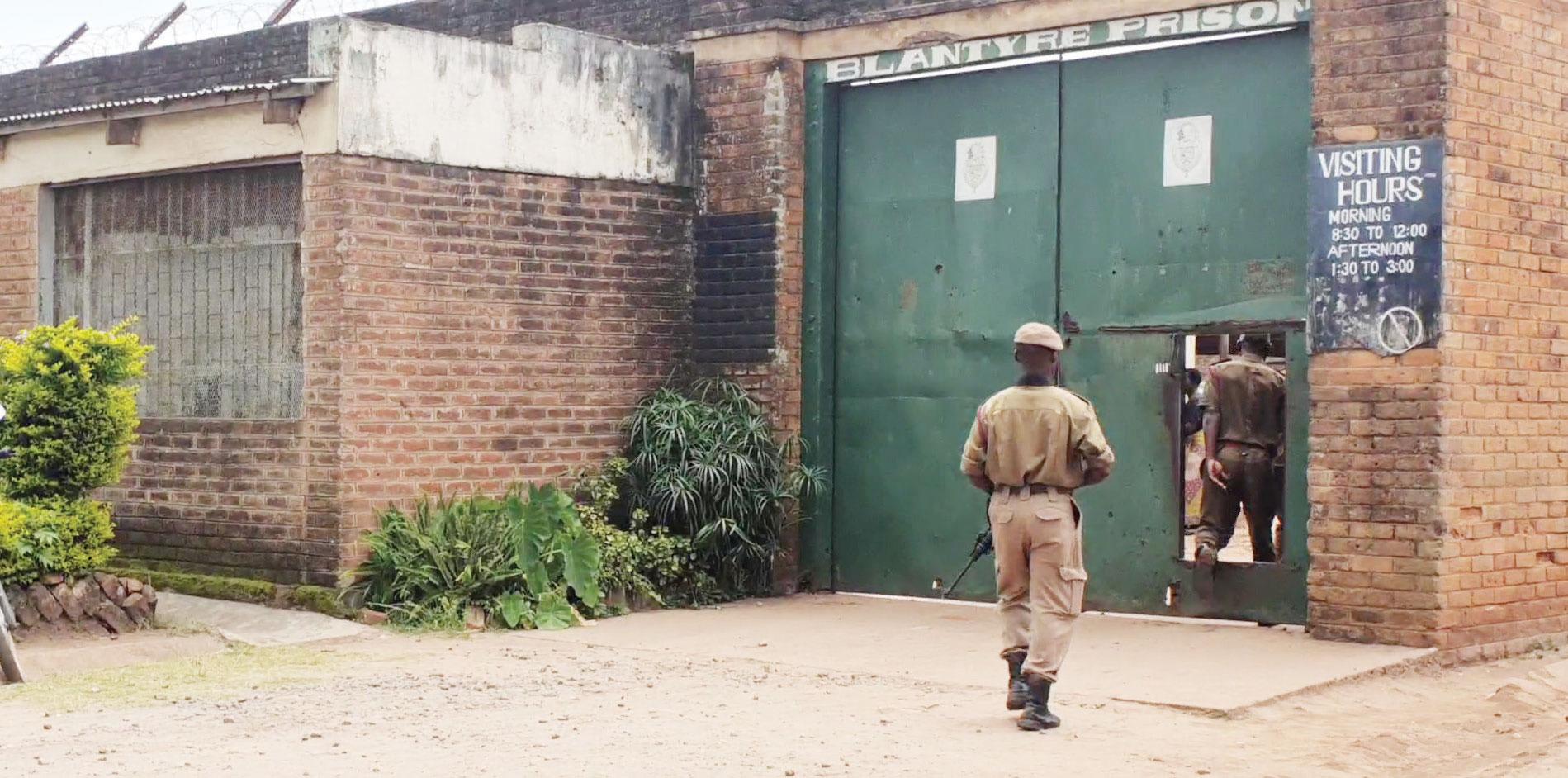Africa-Press – Malawi. Lucius Moses had been making a living through repairing phones inside Limbe Market in Blantyre until one morning in February this year when he was picked up by the police.
The 38-year-old claims that on the day, a man came to have his phone mended at his stall but failed to pay for the services. “The customer then offered his other phone for sale so that I could take the proceeds as payment. The deal was done and someone bought the phone,” Moses says.
Days later, police officers came looking for him, saying he had sold a stolen phone. “They said the phone had been stolen together with other items during a robbery and that I was supposed to answer the case,” Moses, a resident of Bangwe Township in Blantyre, says.
He was arrested together with the phone’s buyer. Efforts to trace the buyer of the phone did not succeed apparently because Moses did not personally know him and had not gotten his details.
He said his co-accused was later released on police bail while Moses went on to appear in court where he was charged with being found in possession of a stolen item.
“In court, I tried to defend myself but failed to convince the court,” he says. “I was sentenced to 15 years imprisonment.” He started a new life at Blantyre Prison, commonly going by the name Chichiri, leaving behind a wife and two children.
“It was hard for me to accept the reality because of prison life which was very hard. I was jailed for a crime I did not commit,” Moses, who had until his arrest been the family’s sole wage earner, says.
His wife and some relatives engaged in a search for a lawyer to try to appeal the case, but to no avail. Their hunt for justice finally took them to the Legal Aid Bureau which, upon hearing the issue, promised to facilitate the review of the sentence.
On November 16, 2022, the High Court sitting in Blantyre totally overturned the magistrate court’s verdict. “I could not believe it when the judge told me that I was a free man. I thought that maybe the review would only help in reducing the custodial sentence not the unconditional release,” Moses says.
After ten months behind bars, Moses has now been reunited with his wife and two daughters as he is trying to recollect some pieces to restart his life.
His case mirrors those of several other prisoners who end up behind bars after singly defending their cases because they cannot afford a lawyer. The developments mean people who could have otherwise been acquitted end up in prison, contributing to congestion and the growing demand for food.
“There are people who end up in prison without committing the crimes they are accused of. I heard stories while in prison about convicts who failed to defend their cases because they could not afford lawyers,” Moses says.
He wishes the Legal Aid Bureau was more resourced to assist more people in need of their services. The bureau’s Senior State Advocate James Chiundira expressed pleasure that justice has been served in Moses’s case.
“When we heard about the issue, we saw the need to apply for a review and we are happy that justice won.
“There were a lot of gaps in the sentence because Moses was not found in possession of the said stolen phone and the prosecuting team failed to trace those who might have broken into the house and stole the phone,” Chiundira said.
He reiterated that resource constraints have been a major stumbling block for the bureau to reach out to many prisoners who would need to have their cases reviewed.
“We receive a lot of cases requiring our interventions and all these need resources. We are, however, still trying to serve the nation better,” Chiundira said.
Executive Director of the Centre for Human Rights Education, Advice and Assistance Victor Mhango expressed concern that poor people continue getting punished due to lack legal representation.
“I have always said that the country’s justice system favours those who have money. Many people continue being dragged to prisons because they cannot manage to defend themselves or hire lawyers.
“They end up serving custodial sentences, which could not have been given if they had lawyers to represent them,” Mhango said. He further called on the government to allocate more resources to the Legal Aid Bureau for the agency to optimally do it work.
For More News And Analysis About Malawi Follow Africa-Press






